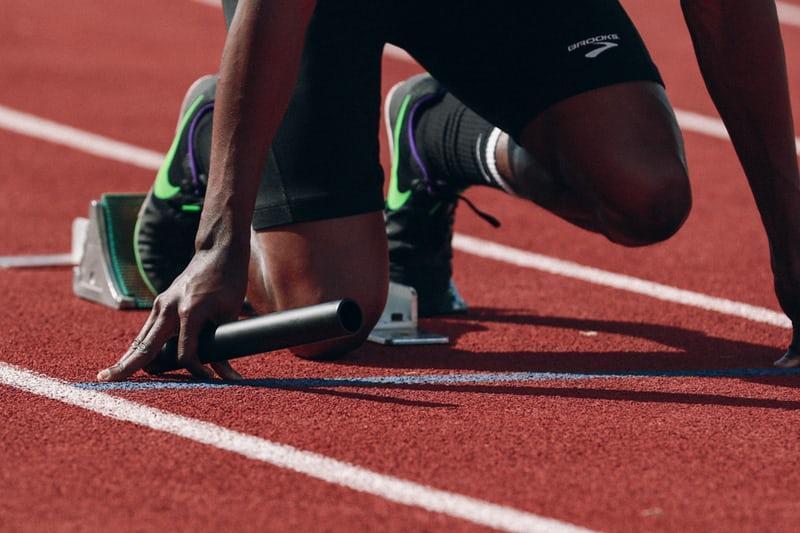Mental health issues are prevalent among the college student population. While exercise can be a good way to alleviate the symptoms of depression and anxiety for many, it’s not a cure. Mental health problems in college athletes are common.
Athletic participation does not make student athletes immune to mental health issues. 33% of the general student population suffers from anxiety, depression, or other mental health issues. 30% of these students seek help, but only 10% of student athletes reach out for help, which results in more untreated mental health problems in college athletes.
The pandemic led to a significant rise in mental health problems in college athletes. The NCAA surveyed 37,000 student athletes in May and found that mental health concerns were 150% – 250% higher than historically reported by student athletes. Over one-third of those who responded reported sleep difficulties, more than a quarter reported feeling sadness or a sense of loss, and 1 in 10 reported feeling so depressed it’s been difficult to function “constantly” or “most every day.”
Anxiety has risen generally across the college population during COVID, but student athletes experienced additional stress and depression. Sense of loss, especially for seniors who reported feeling loss at 1.5 times the level of undergraduates, was particularly acute. With scholarships on the line, professional scouting halted, and major league drafts at stake, lack of access to training facilities created tremendous anxiety for college athletes. Black and latino student athletes also reported greater fear of exposure to COVID, less access to food, and greater challenges accessing training.
Even without the added layer of the pandemic, mental health problems in college athletes are a major concern. Suicide is one of the top causes of death according to the NCAA. Why do student athletes struggle?
Pressure to perform
Student athletes are under tremendous pressure to perform, both for themselves and for their school. Scholarships may ride on their performance and the slightest miscue can put that in jeopardy, adding financial stress to their lives as well. When they “fail” they do so publicly, which exacerbates mental health problems in college athletes.
Public persona
Unlike most college students, college athletes lead more public lives. In addition to their game time performance, their personal life is under a microscope more than the average student. How they act and what they say are all evaluated and judged by their peers, professors, administrators, and community.
Academic load
While all students are expected to manage their school work, student athletes have less time to balance their daily lives. With practices, games, and travel depleting their study time, they have to work vigorously to maintain their school work. The added pressure of difficult classes while in season make mental health problems in college athletes a reality.
While the pandemic has highlighted and exacerbated mental health problems in college athletes, the need for additional resources to support these students is long overdue. Student athletes need to be treated for both their physical injuries and the mental health barriers that are preventing them from thriving in sports and life.
